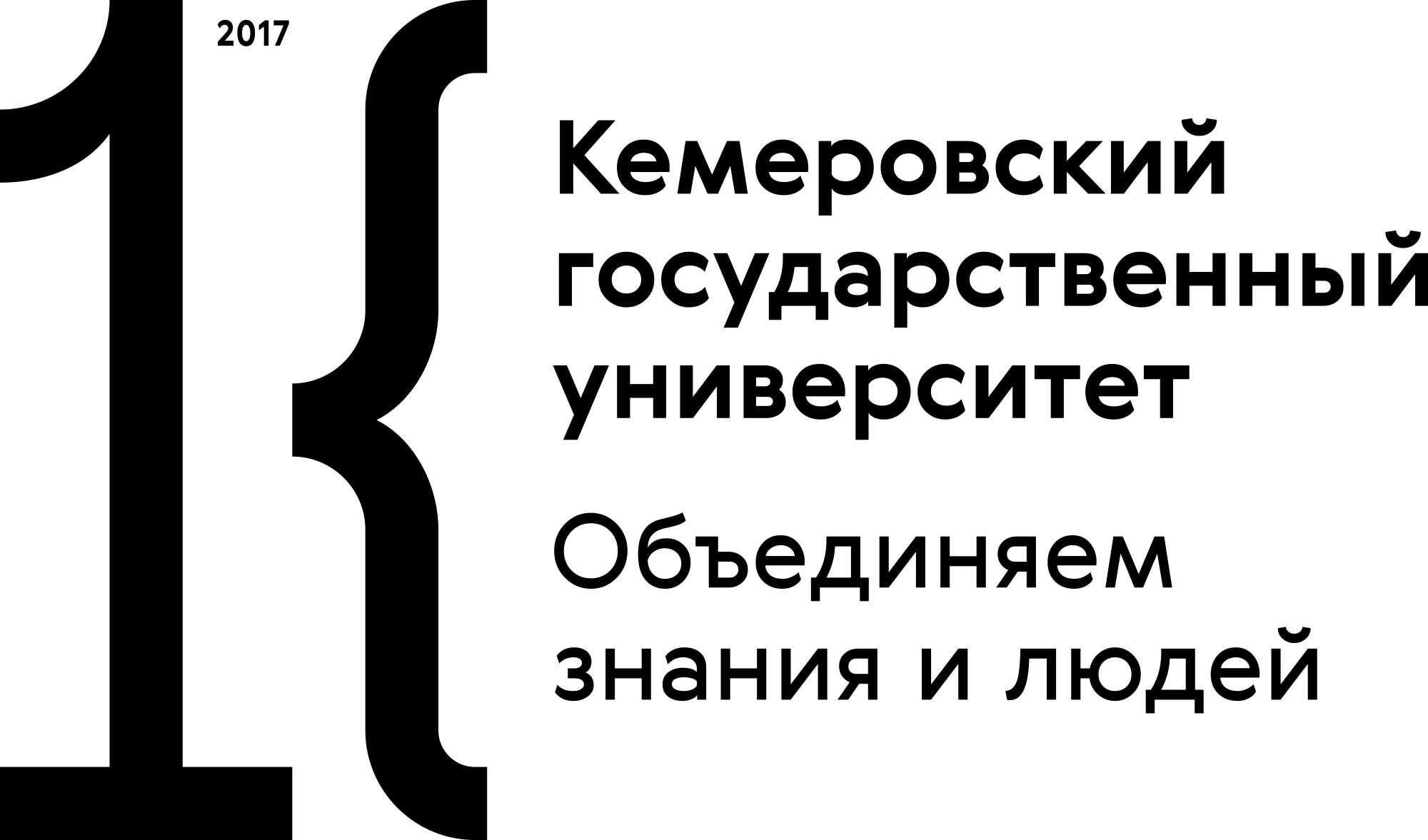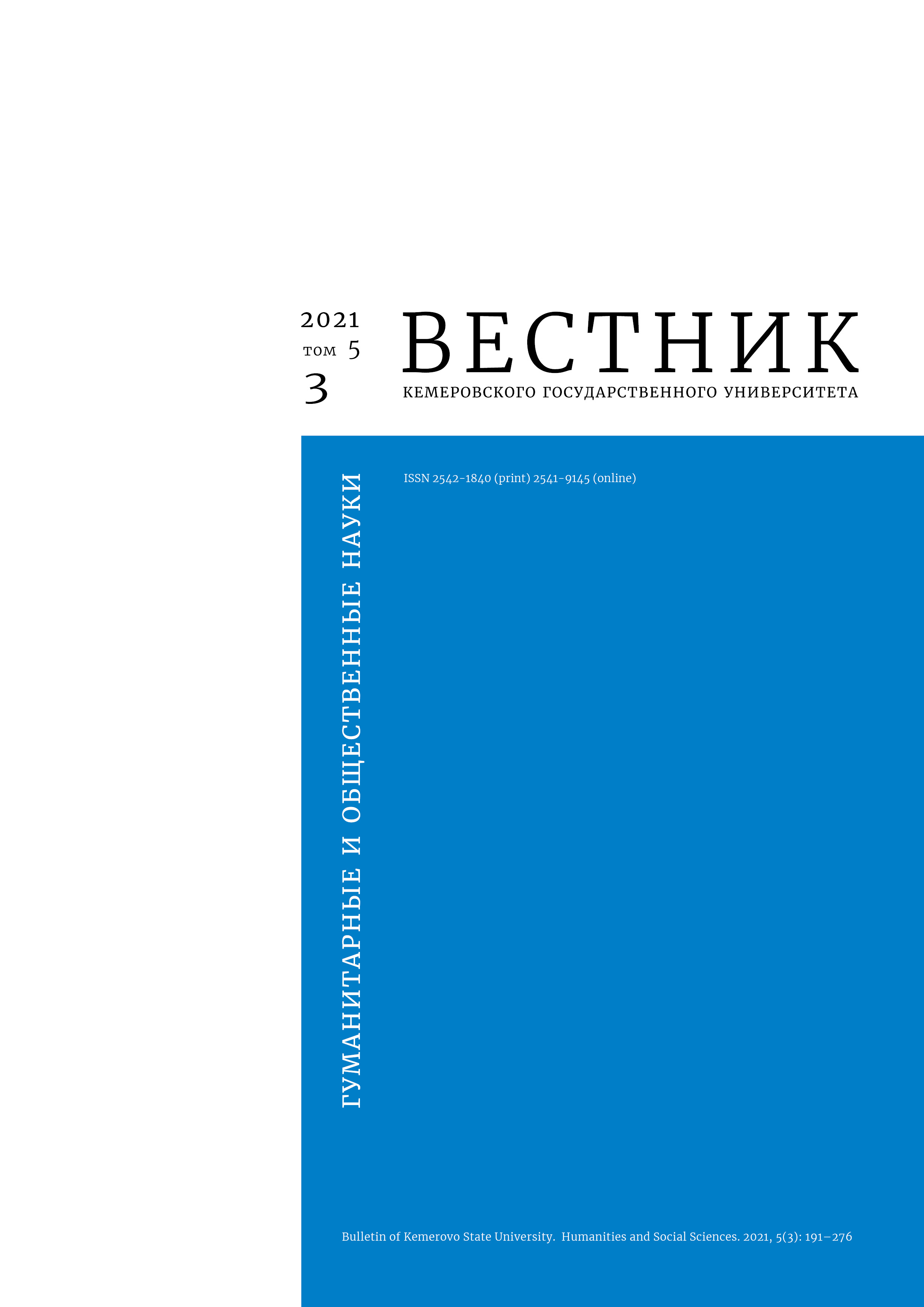Sankt-Peterburg, Russian Federation
Causation is the most difficult legal issue. For every theory of causation, there is a case that breaks it. Meanwhile, doctrinal disputes are aggravated by the increasingly complicated contradictions of judicial practice in civil and criminal cases. Attorneys tend to give the matter of causal link between the behavior of the offender and the resulting consequences to experts, thereby shifting their responsibility for resolving the legal issue (corpus delicti). Researchers still refuse to use the achievements of postclassic philosophy in legal causation. Even modern publications often feature out-of-date examples and arguments that postulate necessity and objectivity of legal causality. The author used the postclassical theory of law to illustrate the structure of the causal relationship for legal responsibility. The present article covers various issues of terminology, discrepancies, causality and guilt, casuistry and its formalities, common sense, etc. Based on the latest domestic and foreign research in civil and criminal law, the key thesis reads as follows: "a causal relationship is a legal construct".
causation, criminal liability, contractual liability, delicate liability, legal construct, relativism philosophy, case practice
1. Malinin V. B. Causal relation in criminal law: theory and practice. Dr. Jurispr. Sci. Diss. St. Petersburg, 1999, 410. (In Russ.)
2. Kosheleva A. Yu. Features of the causal relationship in the offenses committed by inaction. Cand. Jurispr. Sci. Diss. Moscow, 2005, 156. (In Russ.)
3. Medvedeva S. N. Forensic problems of causality in the disclosure and investigation of crimes against life and health. Cand. Jurispr. Sci. Diss. Krasnodar, 2005, 195. (In Russ.)
4. Soktoev Z. B. Causality in criminal law: theory and applied problems. Dr. Jurispr. Sci. Diss. Moscow, 2014, 408. (In Russ.)
5. Zimireva L. A. Causal relation in crimes against life. Cand. Jurispr. Sci. Diss. Moscow, 2016, 228. (In Russ.)
6. Ignatiev M. E. Forensic theory and practice of establishing causal relationships in the investigation of crimes. Dr. Jurispr. Sci. Diss. Moscow, 2020, 454. (In Russ.)
7. Mikhailov V. S. Causal relationship as a condition of tort liability. Cand. Jurispr. Sci. Diss. Moscow, 2021, 239. (In Russ.)
8. Agamov-Tupitsyn V. The critique of systemic reason. Ekaterinburg-Moscow: Kabinetnyi uchenyi, 2018, 376. (In Russ.)
9. Chestnov I. L. Postclassical theory of law. St. Petersburg: Alef-Press, 2012, 649. (In Russ.)
10. Summers A. Common-sense causation in the law. Oxford Journal of Legal Studies, 2018, 38(4): 793-821. https://doi.org/10.1093/ojls/gqy028
11. Moore M. S. The metaphysics of causal intervention. California Law Review, 2000, 88(3): 827-877. https://doi.org/10.2307/3481196
12. Filimonov V. D. The problem of a causal link in criminal law. Ugolovnoe pravo, 2020, (4): 83-89. (In Russ.)
13. Kovalev M. I. Problems of the doctrine of the objective side of the corpus delicti. Krasnoyarsk: Izd-vo Krasnoiar. un-ta, 1991, 176. (In Russ.)
14. Meleshko D. A. The death of a person as a classifying element of negligence of child protection officials. Ugolovnoe pravo, 2017, (5): 77-80. (In Russ.)
15. Tagantsev N. S. Lectures on Russian criminal law, read by Tagantsev N. S., doctor of criminal law, ordinary professor of the Imperial School of Law, honorary member of the universities of St. Petersburg and St. Vladimir. The part is common. St. Petersburg: Gos. tip., 1888, iss. 2, [2]+XV-XXVIII+381-974. (In Russ.)
16. Yablochkov T. M. Influence of the victim's guilt on the amount of damages reimbursed to him. Vol. 2. Essays on legislative and judicial practice. Yaroslavl: Tip. Gub. pravleniia, 1911, X+[1]+600+4. (In Russ.)
17. Kudryavtsev V. N. Malinin V. B. Causal relation in criminal law. St. Petersburg: "Iuridicheskii Tsentr Press", 2000, 315. Izvestiia vuzov. Pravovedenie, 2002, (2): 254-256. (In Russ.)
18. Baibak V. V. Causality as a condition of contractual liability: a comparative legal sketch. Vestnik Vysshego Arbitrazhnogo Suda Rossiiskoi Federatsii, 2014, (6): 4-21. (In Russ.)
19. Green L. The casual relation issue in negligence law. Michigan Law Review, 1962, 60(5): 543-576.
20. Wagner T. Limitations of damages for breach of contract in German and Scots law - a comparative law study in view of a possible European unification of law. Hanse Law Review, 2014, 10(1): 73-97.
21. Moréteau O. Basic questions of tort law from a French perspective. Basic Questions of Tort Law from a Comparative Perspective, ed. Koziol H. Wien: Sramek, 2015, 3-91.
22. Popov A. N. Guilt for crimes against life (Art. 105, 106, 107, 108 CC RF). St. Petersburg: Sankt-Peterburgskii iuridicheskii institut (filial) Akademii Generalnoi prokuratury Rossiiskoi Federatsii, 2016, 123. (In Russ.)
23. Evstigneev E. A. Issues of the relationship between blame and causation in tort law. Vestnik grazhdanskogo prava, 2020, 20(1): 33-59. (In Russ.) https://doi.org/10.24031/1992-2043-2020-20-1-33-59
24. Tagancev N. S. Russian criminal law, comp. and ed. Zagorodnikov N. I. Moscow: Nauka, 1994, vol. 1, 380. (In Russ.)
25. Sergeevskii N. D. Russian criminal law. St. Petersburg: Knizhnyi magazin A. F. Tsinzerlinga, 1887, 434. (In Russ.)
26. Varga Ch. The riddle of law and legal thinking, tr., comp. and ed. Antonov M. V. St. Petersburg: Alef-Press, 2015, 407. (In Russ.)
27. Sergeevskii N. D. Modern tasks of criminal legislation in Russia. St. Petersburg: Tipografiia Pravitelstvuiushego senata, 1883, 105-133. (In Russ.)
28. Hulsman L. Critical criminology and the concept of crime. Contemporary Crisis, 1986, 10(1): 63-80. https://doi.org/10.1007/BF00728496
29. Gilinskii Ya. I. Postmodern criminology (neocriminology). St. Petersburg: Aleteiia. 2021, 136. (In Russ.)
30. Robinson M. Why crime? An integrated systems theory of antisocial behavior. N.-J.: Pearson Prentice Hall, 2004, 17.
31. Stapleton J. Legal cause: cause-in-fact and the scope of liability for consequences. Vanderbilt Law Review, 2001, 54(3): 941-1009.
32. Hoffmann L. Causation. Perspectives on causation, ed. Goldberg R. London: Hart Publishing, 2011, 3-10. https://doi.org/10.5040/9781472561022.ch-001
33. Budylin S. L. For the want of a nail. The causal connection and foreseeability of losses in Russia and abroad. Vestnik ekonomicheskogo pravosudiya Rossiiskoi Federacii, 2020, (1): 111-151. (In Russ.)
34. Radov V. V. Chain of causation: omission committed by the obligor. Vestnik Kemerovskogo gosudarstvennogo universiteta. Seriia: Gumanitarnye i obshchestvennye nauki, 2020, 4(3): 278-286. (In Russ.) https://doi.org/10.21603/2542-1840-2020-4-3-278-286
35. Koziol H. Basic questions of tort law from a Germanic perspective. Wien: Jan Sramek Verlag, 2012, 380.
36. Hamer D. Factual causation and scope of liability: what's the difference? Modern Law Review, 2014, 77(2): 155-188. https://doi.org/10.1111/1468-2230.12063
37. Mihailov V. S. Concept of factual causation and several issues of its practical application. Civil Law Review, 2018, (3): 103-161. (In Russ.) https://doi.org/10.24031/1992-2043-2018-18-3-103-161
38. Hart H. L. A. The Ascription of Responsibility and Rights. Proceedings of the Aristotelian Society, 1949, 49(1): 171-194. https://doi.org/10.1093/aristotelian/49.1.171
39. Zhalinskii A. E. Modern German Criminal Law. Moscow: TK Velbi; Prospekt, 2004, 560. (In Russ.)
40. Chestnov I. L. Philosophical foundations of legal science. Metaphysics of law: Proc. Interuniversity Scientific and Methodological Colloquium on the methodology and methodology of legal research, ed. Chestnov I. L. St. Petersburg: Sankt-Peterburgskii iuridicheskii institut (filial) Akademii Generalnoi prokuratury Rossiiskoi Federatsii, 2017, 5-14. (In Russ.)
41. Mamardashvili M. K. Aesthetics of thinking. Moscow: Moskovskaia shkola politicheskikh issledovanii, 2000, 412. (In Russ.)
42. Bershitskiy E. E. Legal certainty and evaluation categories: a brief essay on the example of the elements of offenses in various branches of law. Moscow: M-Logos, 2021, 150. (In Russ.)
43. Shikhanov V. N. Irrational in criminal law: between the collapse of legal science and its new horizons. Problems of modern legislation in Russia and foreign countries: Proc. IX Intern. Sci.-Prac. Conf., Irkutsk, 16 Oct 2020. Irkutsk: Irkutskii institut (filial) VGUIu (RPA Miniusta Rossii), 2020, vol. 2, 175-181. (In Russ.)
44. Kosheleva A. Yu. Features of the causal relationship in the offenses committed by inaction. Cand. Jurispr. Sci. Diss. Abstr. Moscow, 2005, 27. (In Russ.)
45. Baudrillard J. Simulacres et simulation. Moscow: Postum, 2015, 238. (In Russ.)
46. Chestnov I. L. Philosophy of law in the era of post-metaphysics. Izvestiia vysshikh uchebnykh zavedenii. Pravovedenie, 2017, (1): 8-27. (In Russ.)
47. Hart H. L. A., Honoré T. Causation in the law, 2nd ed. Oxford: Oxford University Press, 1985, 544.
48. Hart H. L. A. The concept of law. St. Petersburg: Izd-vo S.-Peterb. un-ta, 2007, 302. (In Russ.)
49. Hart H. L. A. Philosophy of law and jurisprudence in Britain (1945-1952). The American Journal of Comparative Law, 1953, 2(3): 355-364. https://doi.org/10.2307/837483
50. King B. E. Propositions about law. The Cambridge Law Journal, 1951, 11: 31-39.
51. Chestnov I. L. Postclassical methodology of the genesis of law - dialogue of tradition and freedom. Legal genesis: tradition, freedom, law, ed. Romashov R. A. St. Petersburg: Aleteiia, 2021, 52-67. (In Russ.)


















